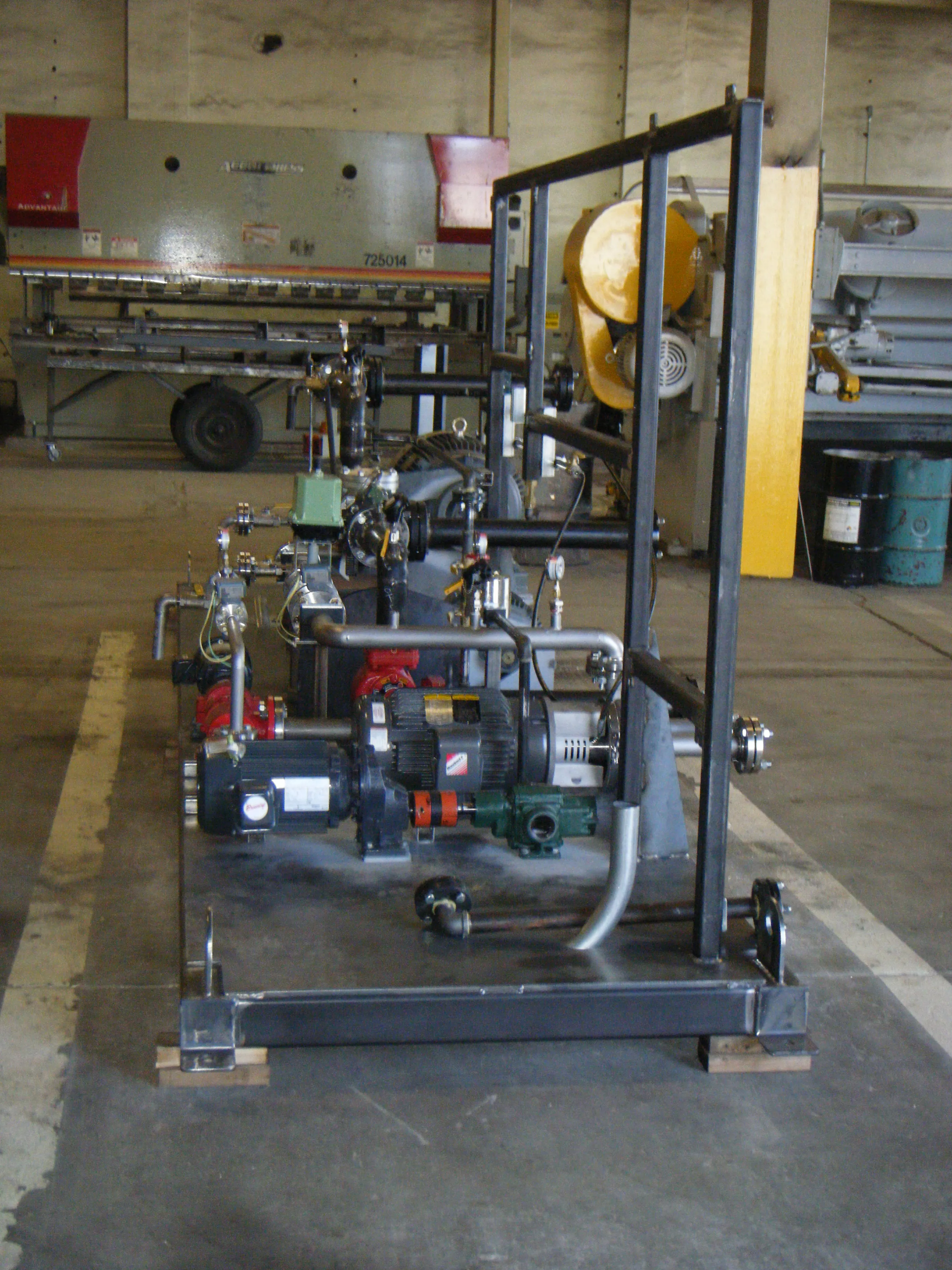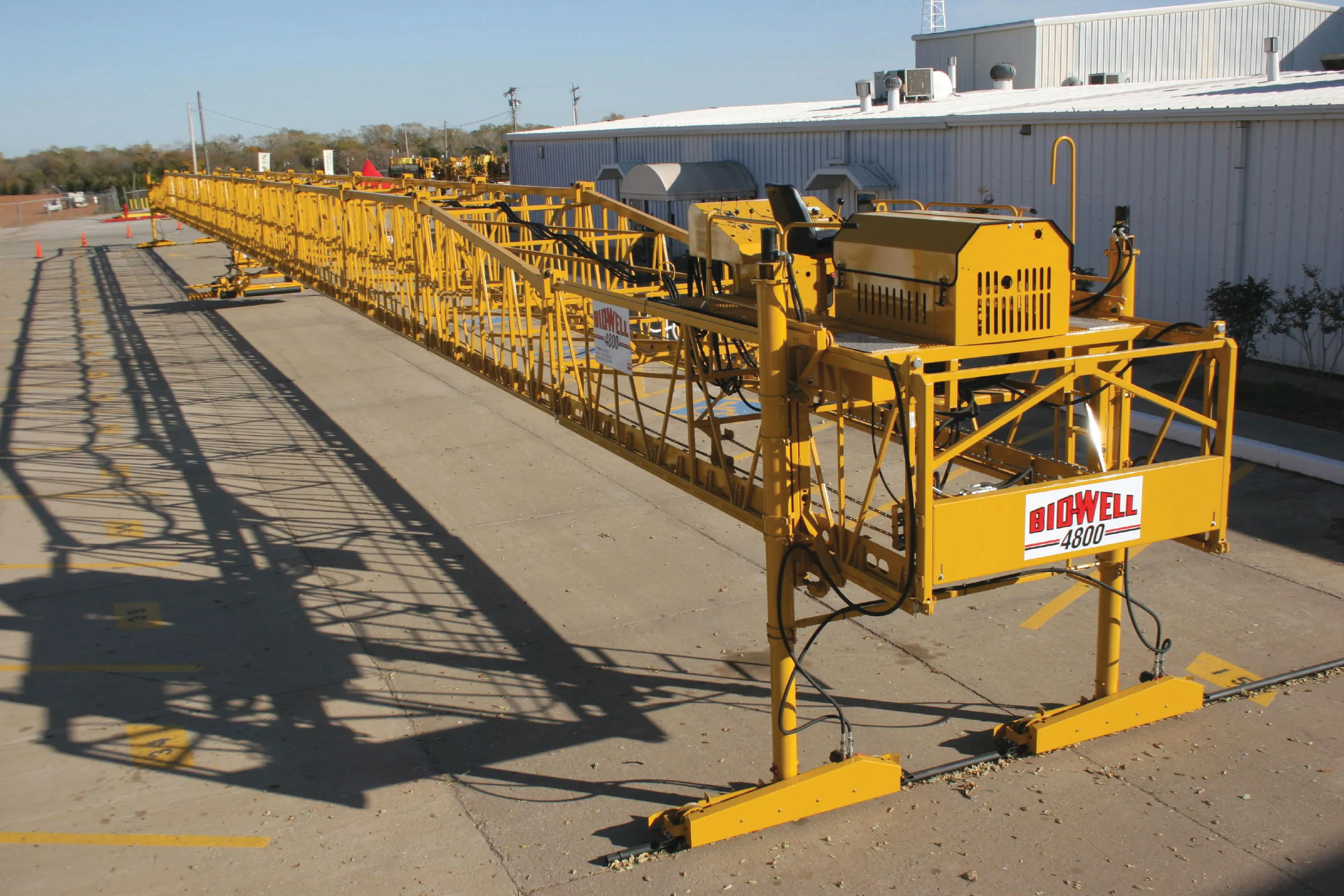New Holland (NH) has launched its new B Series PRO range of wheeled excavators. The three new models, ranging from 15 to 19tonnes, are said to excel in high precision work. They have new controls and are said by NH to stand out for being remarkably easy to operate and service. They offer what the Italian firm describe as a highly professional package that delivers high productivity and reliability at low operating costs: The B Series PRO machines are said to have been put through extensive endurance testing
January 4, 2013
Read time: 2 mins
The B Series PRO machines are said to have been put through extensive endurance testing and have excellent serviceability and reliability, with easy ground access and new diagnostics software.
The new NH wheeled excavators run high performance, large displacement FPT engines, to deliver high torque and power. This performance is matched by that of the 3-pump hydraulic system, said by NH to maximise swing performance with a dedicated swing pump while preventing power from being diverted from the other hydraulic functions. This results in greater efficiency and fast cycles. In addition, the large displacement engine and 3-pump system are also said to ensure less wear, increasing the machine’s reliability.









